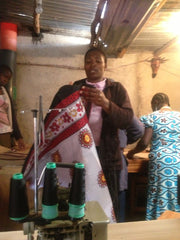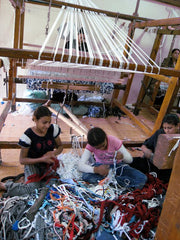i-care community
Nehru, India
Nehru Colony of Chandigarh in a Union Territory (UT) is a densely populated compact area of households with poorly built, congested tenements in an environment with inadequate infrastructure lacking proper sanitation and drinking water facilities. Due to the absence of public policy, the population suffers from many inequities in access to basic services and socio-economic needs (Mohapatra, 2012).
In general, significant factors contributing to higher vulnerability of the urban poor in India include economic conditions of irregular employment, gender inequality, poor educational status, a living environment with poor access to safe water and sanitation facilities, overcrowding, poor housing and insecure land tenancy. Health inequities result from lack of access to primary health care services, poor quality of health care and requisite up front out of pocket expenditures (Prinja, Kanavos & Kumar, 2012). Since many slums are not officially documented, residents are not covered by civic health services and provision of follow-up treatment is difficult. Immunizations are often unavailable, a high prevalence of illness among children is reported and lack of education further hinders the utilization of health care and prevention of diseases (Prinja, Kanavos & Kumar, 2012).
Please support the people of Nehru Colony build capacity to improve their health under conditions of “concentrated disadvantage”.
References
Mohapatra, S. (2012). Assessing differential health vulnerability of the slums in Chandigarh, India. Internationales Asienforum. Vol. 43 (2012). No. 1-2. pp.81-98
Prinja, S., Kanavos, P., & Kumar, R. (2012). Health care inequities in north India: role of public sector in universalizing health care. The Indian Journal Of Medical Research, 136(3), 421-431




